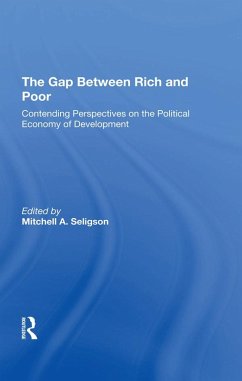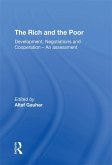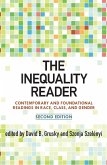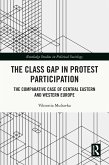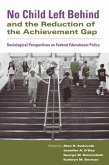Other evidence suggests that middle-income countries may be gaining on the rich countries. Some research shows that the gap in education and health is narrowing rather rapidly, and studies of domestic inequality have revealed that growth with equity has occurred in a number of developing nations that have committed themselves to such a policy.
This volume presents the evidence for both sides of the debate. It begins by stating the conventional wisdom-that international and internal gaps are widening-and goes on to examine the major explanations offered, which focus on culture, urban bias, dependency, and world-system analysis. The book then presents empirical studies on the existence and causes of the gap, as well as key case studies that challenge the conventional wisdom.
Unique in its objectivity, this text does not seek to serve either side of the debate, but instead draws upon the best research in the field to highlight major issues and to present studies that have subjected the differing perspectives to rigorous empirical analysis. It will prove especially useful in courses on Third World development, political economy, comparative politics, development economics, the sociology of development, and related topics.
Dieser Download kann aus rechtlichen Gründen nur mit Rechnungsadresse in A, B, BG, CY, CZ, D, DK, EW, E, FIN, F, GR, HR, H, IRL, I, LT, L, LR, M, NL, PL, P, R, S, SLO, SK ausgeliefert werden.

